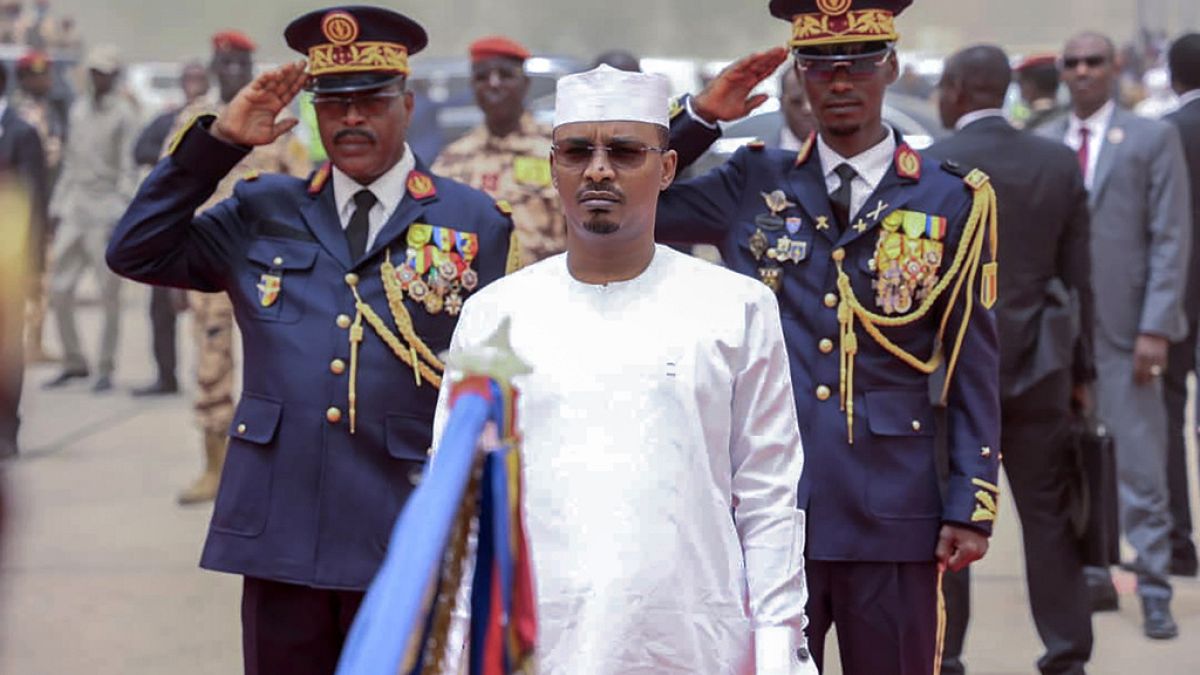Analysts say the lack of any strong opponent in the elections has consolidated President Mahamat Idriss Deby’s grip on power.
Chad’s ruling party took the majority of votes in last month’s parliamentary election, which was boycotted by the main opposition, provisional results show.
In what was the first parliamentary election in Chad in more than a decade, the ruling Patriotic Salvation Movement party won 124 out of 188 seats, while the voter turnout was 51.5%, according to the provisional results announced late on Saturday by Ahmed Bartchiret, head of the electoral commission.
The parliamentary election, which also included regional and municipal elections, has been presented as the last stage of the country’s transition to democracy after Mahamat Idriss Deby took power as a military ruler in 2021.
The takeover followed the death of Deby’s father and long-time president Idriss Deby Itno, who spent three decades in power. Deby eventually won last year’s disputed presidential vote.
Deby had said the election would “pave the way for the era of decentralisation so long awaited and desired by the Chadian people,” referring to the distribution of power beyond the national government to the different provincial and municipal levels.
The election was boycotted by more than 10 opposition parties, including the main Transformers party, whose candidate, Succes Masra, came second in the presidential election.
The main opposition had called the election a “charade” and expressed worries that it would be a repeat of the presidential vote, which election observers said was not credible. The main opposition did not immediately comment on the election results.
Last month’s vote came at a critical period for Chad, which is battling several security challenges from Boko Haram militant attacks in the Lake Chad region to the break in decades-long military ties with France, its former key ally.
Attack on the presidential palace
On Thursday an attack on the presidential palace left 18 assailants dead and six in custody, with one soldier killed and three wounded, state media reported.
The attack on Wednesday night occurred while President Deby was inside the palace, but authorities said the situation was quickly brought under control.
In an interview with state TV on Thursday, Foreign Affairs Minister Abderaman Koulamallah described the attackers as disorganised and intoxicated by alcohol and drugs. When asked if the attack was terrorism, he said it was probably not, as the attackers were local youths from the capital, N’Djamena.
The attack occurred the same day as a visit by Chinese Foreign Minister Wang Yi, who congratulated Deby Itno on re-establishing constitutional order.
In the immediate aftermath, rumours spread online that the attack was the work of Islamic militant group Boko Haram.
Boko Haram, which launched an insurgency more than a decade ago against Western education, seeks to establish Islamic law in Nigeria’s northeast. The insurgency has spread to neighbouring West African countries including Cameroon, Niger and Chad.
Chad, a country of nearly 18 million people, has been reeling from political turmoil before and after a controversial presidential election that resulted in Deby Itno’s victory. He had led the country as interim president during the period of military rule that followed the death of his father in 2021.

